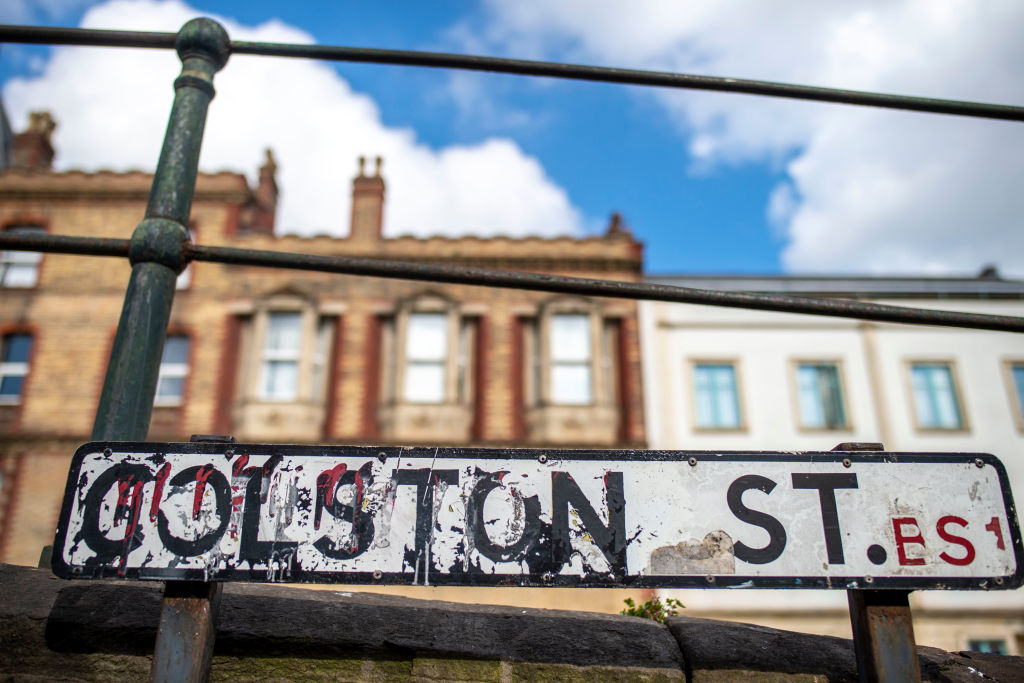‘It’s a sad truth that much of our wealth was derived from the slave trade’, said London’s mayor Sadiq Khan. Others agree: for Al Jazeera’s Imran Khan, ‘Britain was built on the backs, and souls, of slaves’. But there is a problem with this analysis; it’s wrong. Just like the story told of an island nation standing alone since 1066, it’s a myth that the monstrous evil of the slave trade made Britain the wealthy country it is today.
Slavery and sugar did not provide the sinews of finance that drove industrialization. Total profits from the slave trade, had they been invested entirely in Britain, would have accounted for about three percent of all capital formation in 1770. These profits, vast as they were for some individuals, were too small to change a nation, and may not have been significantly higher than those found in other industries; if sugar yielded a massively higher return on investment, amoral capitalists would shift their money out of other industries and into it. As a share of the British economy, the sugar industry was roughly equivalent to barley, hops, and brewing. Yet you will find very few people willing to argue that without the profits generated by beer industrialization would not have happened (although you will find some claiming that civilization would not have arisen without beer).
What’s also true is that the Caribbean colonies did not provide a unique source of demand for goods which the exploited British worker could not. While Imperial trade policies gave a slight advantage to British merchants, they were totally absent in places where the map was not shaded pink, where British goods did a roaring trade nonetheless. It is not even true to say that the links between the Caribbean and the wider British economy were of special strategic significance; they were only in that they were ‘weaker and less ‘strategic’ than those of other industries such as textiles, iron, and coal’.
And for the country as a whole, the Caribbean colonies were not profitable. They functioned because the UK government leveled tariffs on cheaper sugar produced by competing European powers, and because the costs of naval protection were borne by the taxpayer. British national income would arguably have been considerably higher if the colonies had been given away; this is a story repeated across the old Empire. So why did Britain bear these costs? Put simply because the interests of wealthy plantation owners and traders were well-represented in a Parliament where seats could be bought.
So whatever some might argue, slavery and sugar did not build Britain. Yes, some of our grand buildings and country houses were paid for by the proceeds of slavery. And a few businesses — such as the pub chain Greene King, or the insurance market Lloyds of London — can trace some of their wealth back to the slave trade. But it isn’t true, as Khan claims, that ‘much of our wealth was derived from the slave trade’.
[special_offer]
If anything, the slave trade functioned instead largely to heighten inequality. David Eltis describes the sum total of its consequences in 17th century as ‘a very few more wealthy individuals in an already unequal society’. This is a description which stands for the period thereafter too; had the slave trade never existed, the nation’s economic history would barely be altered.
The corollary of this is, of course, that nothing good came from slavery. It is impossible to point to the industrial revolution as a consequence and claim that the blood spilled from slavery gave rise to a better world. It didn’t. There is no callously utilitarian justification for the suffering on the basis that it built the West; slavery was not ‘for’ anything, other than the purest nihilism in the pursuit of money for the very few. All it achieved was the wealth of Thomas Colston and a small number like him, and a permanent moral stain on the history of the nations that took part.


















